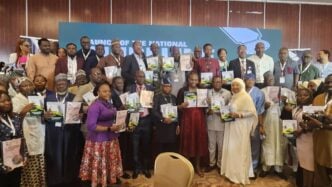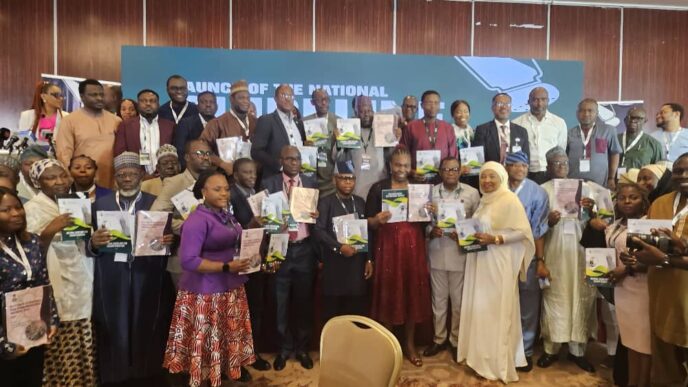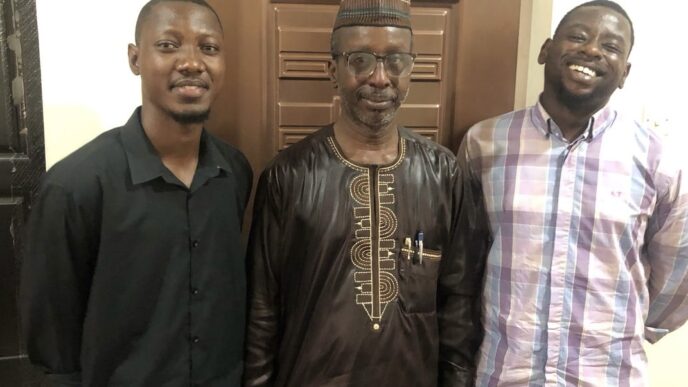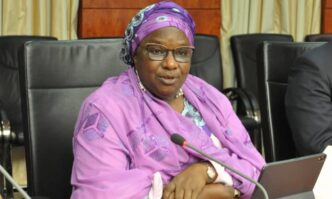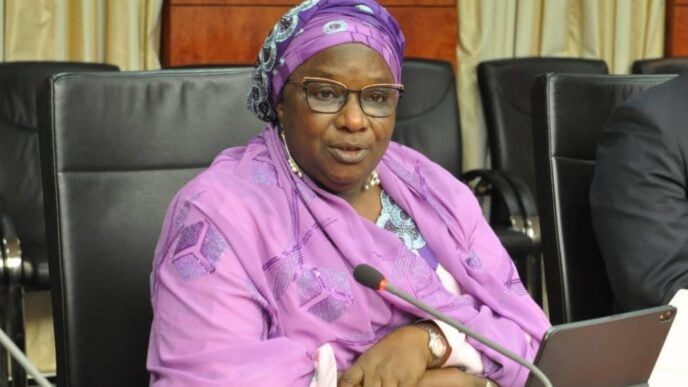Oluremi Tinubu, first lady, has launched the Organisation of African First Ladies for Development’s (OAFLAD) free to shine campaign aimed at preventing retroviral diseases in the country.
The campaign is an advocacy initiative led by the African Union (AU) for the OAFLAD and global partners to address the growing complacency in response to the spread of HIV/AIDS in Africa.
Oluremi said Nigeria is at a pivotal stage in its fight against HIV/AIDS and is ready to join other African countries that have achieved the UNAIDS 95-95-95 target by 2030.
She spoke on Wednesday in Asaba, the capital of Delta state, during the campaign’s launch for the south south region.
Advertisement
“Nigeria, being the country with the highest burden of HIV/AIDS in Sub-Saharan Africa due to its large population, faces significant challenges,” she said.
“This burden is particularly severe among children, youths, women, and marginalized groups.
“To complement the free to shine campaign, I have also decided to advocate for the triple elimination of HIV/AIDS, syphilis, and hepatitis by 2030.
Advertisement
“This campaign will cover the six geopolitical zones of the nation.
“We launched the maiden campaign for the north-central zone in Kwara state on January 30 and that of the north-west zone in Kaduna on February 25.”
The first lady said the campaign also seeks to significantly reduce new HIV infections among women of reproductive age and prevent mother-to-child transmission. and ensure that every child born with HIV receives the necessary treatment and support to thrive.
The campaign comes as Nigeria grapples with the burden of tackling the disease following large cuts to foreign aid.
Advertisement
According to the federal ministry of health and social welfare, over 100,000 children and nearly two million adults were found to be living with HIV in 2024.
“It is heartbreaking to know that just two years ago, 15,000 children aged 0-14 lost their lives to AIDS-related illnesses; each of these children was not just a statistic but represented a future full of potential that was sadly cut short,” Oluremi said in reaction to the ministry’s report.
“The ongoing challenges faced by these children emphasise the urgent need for sustained action to improve prevention strategies, enhance diagnosis, and expand access to treatment.”
She also noted hepatitis and syphilis as major public health concerns.
Advertisement
“Experts highlight that hepatitis, especially hepatitis B and C, poses a significant threat as it can lead to chronic liver diseases and even liver cancer,” the first lady said.
“The goal of this campaign is to raise awareness, renew our commitment, and take collective action against these diseases.
Advertisement
“This, I believe, aligns with our shared vision of a healthier Nigeria, where every individual, particularly women, youths, and children, can thrive and live healthier lives.”
Oluremi expressed concern about the rate of retroviral diseases in the nation, especially as it affects infants and children.
Advertisement
She assured that efforts are being put in place to eliminate HIV/AIDS in Nigeria by the year 2030.
Advertisement
Add a comment




